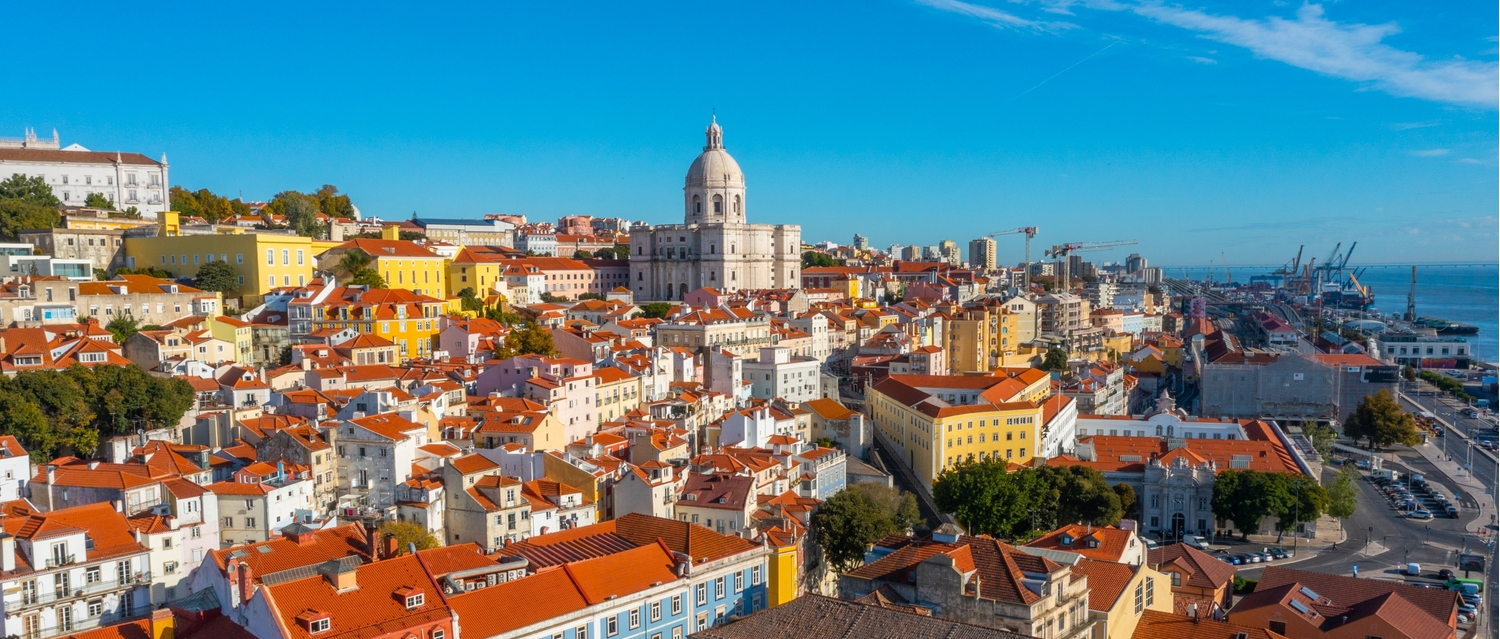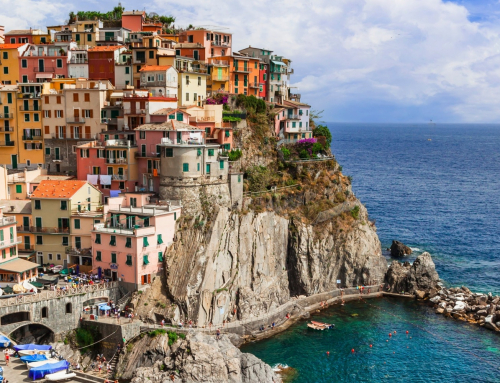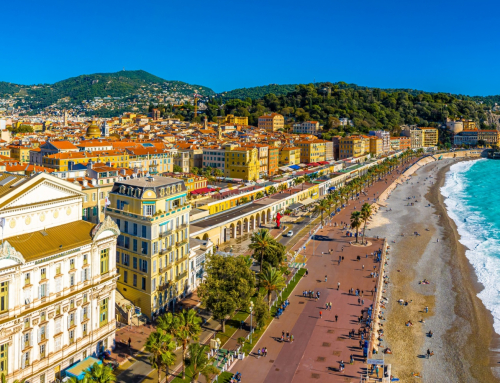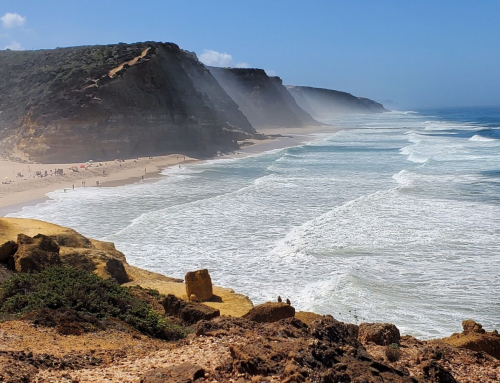Portugal’s popular Golden Visa and its Non-Habitual Residency Scheme have been under scrutiny and rule changes in the last year. For prospective 2024 overseas buyers, we look at the Portugal’s visas and taxes opportunities.

Ready to kickstart your Portugal chapter?
90-day rule
Even though there are no restrictions on overseas buyers purchasing property in Portugal, there are rules on how long they can stay in the country. Non-EU nationals are only able to stay in the Schengen Area for 90 days out of every rolling 180.
Last opportunity to take advantage of the Non-Habitual Residency Scheme?
The Non-Habitual Residency Scheme has been immensely popular with third-country nationals, especially Britons since the UK left the EU. The NHR scheme enables third-country nationals to obtain residency in Portugal if they spend more than 183 days in the country throughout the year.
Originally introduced in 2008 to recover from the financial crash, the NHR’s popularity has been driven by its low taxation. Foreign nationals pay a fixed rate of just 20% from income on high-value-added activities. These have included professors, doctors, architects, and other professions. This contrasts with tax rates for Portuguese nationals, which can be as high as 48% for those earning €79,935.
In additional, overseas retirees have had a flat rate of 10% tax on their pensions, as well as a tax exemption on any money that has been generated outside of the country. Both of these have contributed to Portugal being an alluring place to retire to.
However, the Socialist Party in Portugal labelled the scheme a “fiscal injustice”. They planned to terminate the scheme on January 1st 2024. However, policymakers failed to come to a decision when drafting the budget for 2024, and so, the NHR will now end in December 2024.
Furthermore, it is proposed that those pursuing careers in higher education and science will still be able to benefit from the NHR scheme, even after its end date for most people.
As the Portuguese government iron out the details of ending the NHR, 2024 stands as an opportunity for foreign nationals to take advantage of the scheme while they still can.
The Golden Visa

What’s happening with Portugal’s Golden Visa?
The Golden Visa is a residency by investment scheme that has been extremely popular among overseas buyers. It used to be by purchasing a property of €280,000 or more, you could gain residency. But the rules around the Golden Visa has undergone much back and forth in the last year. Now, the property must be worth €500,000 (or €400,000 in a low-density area). Furthermore, you can make an investment of at least €500,000 in a qualifying Investment Fund or make a capital transfer of at least €1 million into a Portuguese bank account or company. For more information, head here.
The digital nomad visa

Fancy working remotely from Portugal?
The digital nomad visa allows you to work remotely for a foreign company while living in Portugal. There are two options. The temporary stay visa allows you to stay for twelve months in Portugal and can be extended up for four times. Meanwhile, the residency visa lets you stay for an initial four months but once you have applied, you can apply for a two-year residency permit.
This visa is only available to non-EU citizens, over the age of eighteen. To qualify, you must be earning a salary of over €3,040 a month. Plus, you must have a contract or arranged freelance work. Finally, you must have arranged accommodation for the duration of your stay.
Retirees tend to opt for the D7 visa, also known as the Passive Income Visa, which enables you to live off passive income – this could be from a pension or a rented property.
Download our guide to buying in Portugal.
Click to register a property for sale with us.
You might also like:






